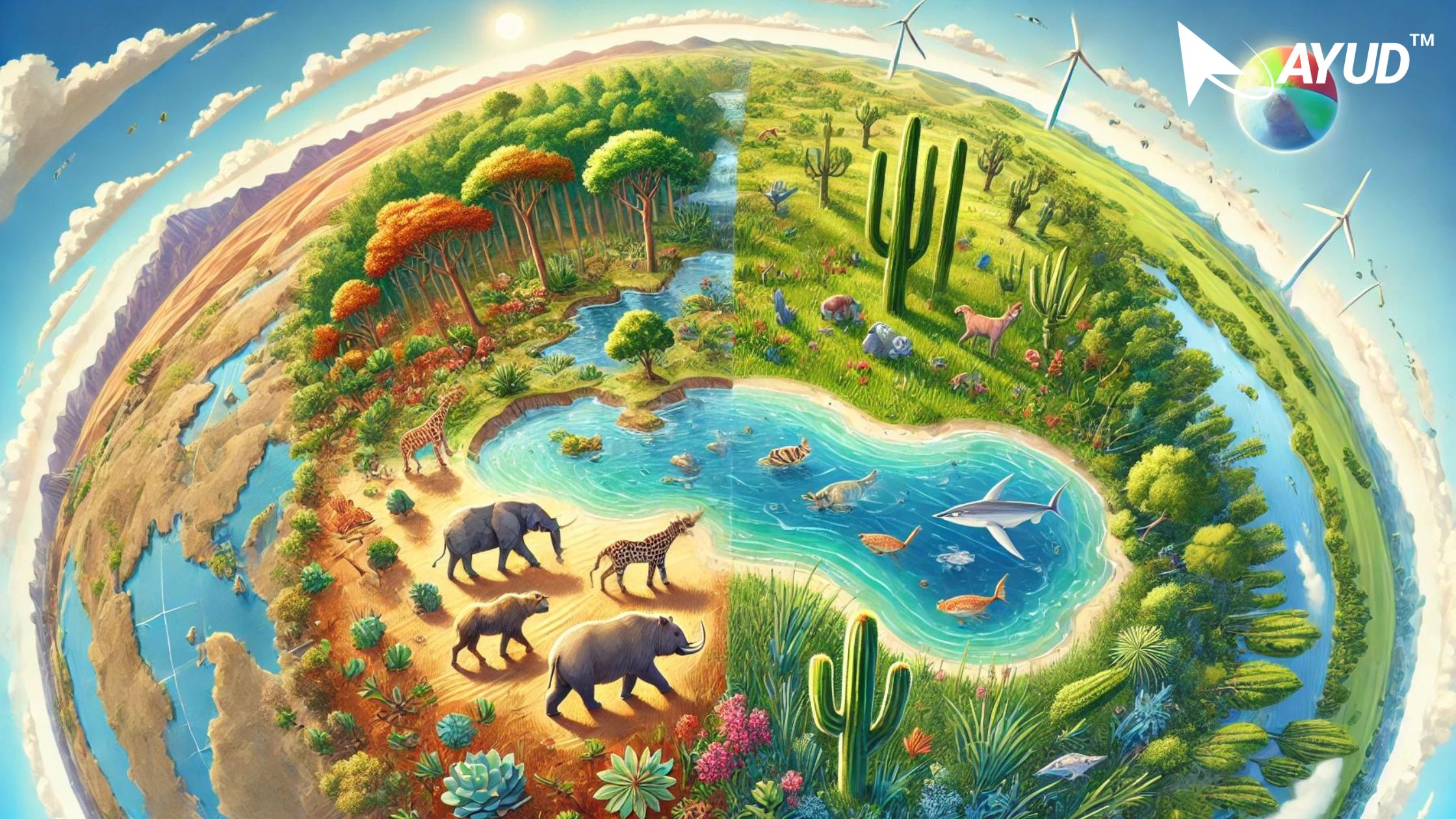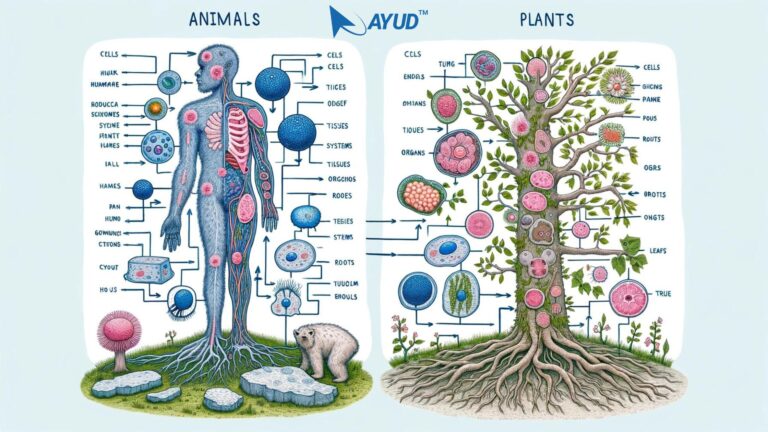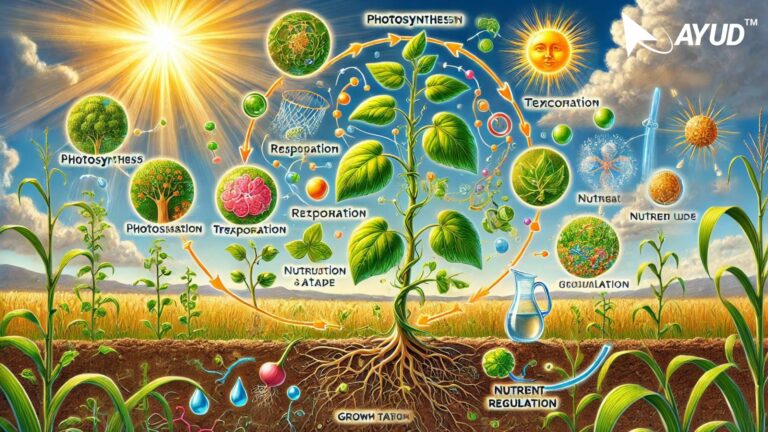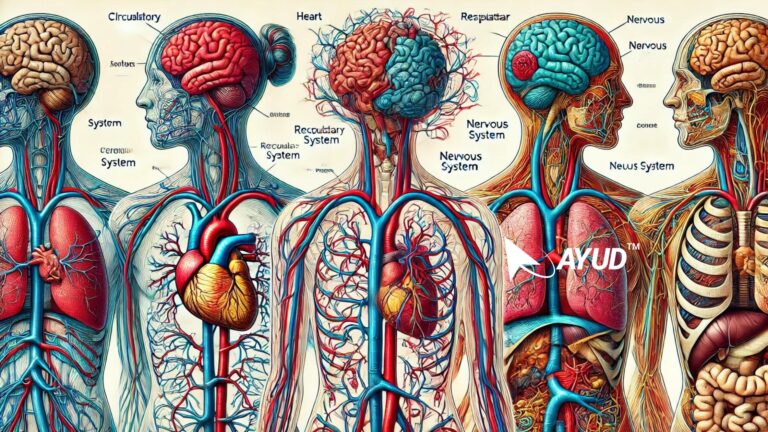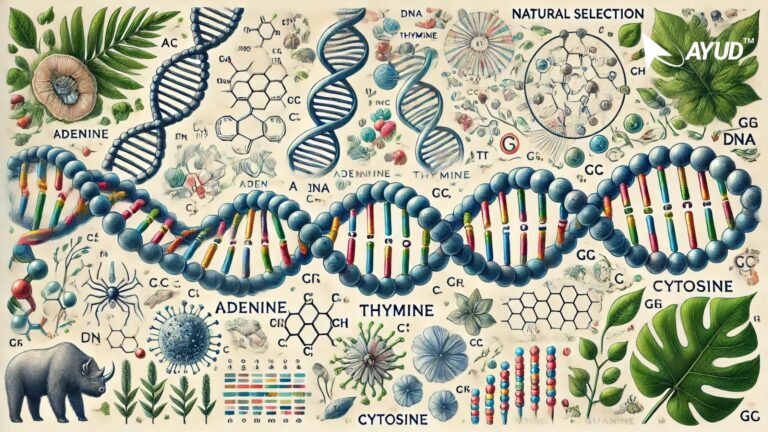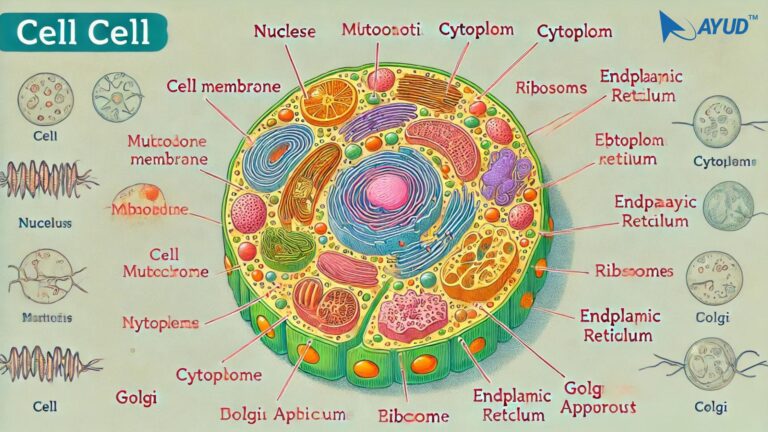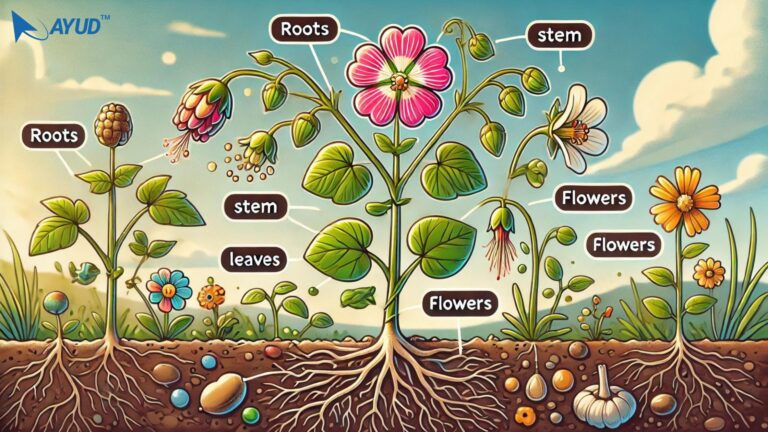Understanding Ecology and the Environment: A Guide for Everyone
Understanding Ecology and the Environment: A Guide for Everyone
Ecology and the environment are essential concepts that help us understand the world we live in. This guide aims to make these topics clear and relatable for everyone, whether you’re a student, a professional, or just curious about nature.
What is Ecology?
Ecology is the study of how living things interact with each other and their surroundings. This includes animals, plants, and microorganisms. Ecologists look at how these interactions shape the world.
The Importance of the Environment
The environment includes everything around us: air, water, soil, and living organisms. It provides the resources we need to survive, like clean air, water, and food. Protecting the environment ensures that future generations can enjoy these resources.
Ecosystems: The Basics
An ecosystem is a community of living organisms and their physical environment. Examples include forests, deserts, oceans, and grasslands. Each ecosystem has its unique characteristics and supports different types of life.
Types of Ecosystems
Forest Ecosystems: Rich in biodiversity, home to many species of plants and animals.
Desert Ecosystems: Known for extreme temperatures and unique adaptations of plants and animals.
Marine Ecosystems: Cover over 70% of the Earth’s surface, vital for global oxygen production.
Grassland Ecosystems: Provide habitat for herbivores and support agriculture.
Human Impact on the Environment
Human activities significantly affect the environment. Industrialization, deforestation, and pollution have led to environmental degradation. Understanding our impact can help us make better choices.
Real-Time Example: The Amazon Rainforest
The Amazon Rainforest, often called the “lungs of the Earth,” is crucial for absorbing carbon dioxide and producing oxygen. However, deforestation for agriculture and logging is destroying this vital ecosystem. If this continues, it will disrupt global climate patterns and lead to the extinction of countless species.
Sustainable Practices
To protect the environment, we need to adopt sustainable practices. This means using resources in a way that meets our needs without compromising future generations’ ability to meet theirs.
Simple Steps to Sustainability
Reduce, Reuse, Recycle: Minimize waste by recycling and reusing materials.
Conserve Water: Fix leaks and use water-saving fixtures.
Use Renewable Energy: Opt for solar, wind, or hydro energy instead of fossil fuels.
Support Conservation Efforts: Donate to or volunteer with organizations that protect natural habitats.
The Role of Technology in Ecology
Technology plays a crucial role in studying and protecting the environment. Remote sensing, for example, helps scientists monitor deforestation, track wildlife, and understand climate change.
Innovative Solutions
Drones: Used for wildlife monitoring and forest conservation.
Satellite Imagery: Tracks changes in land use and vegetation.
Artificial Intelligence: Predicts environmental changes and aids in resource management.
Why Everyone Should Care
Caring for the environment is not just for scientists or activists. It’s a responsibility we all share. A healthy environment means better health, more resources, and a stable climate for everyone.
Personal Impact Story
Meet Jane, a city dweller who decided to make small changes in her daily life to help the environment. She started by reducing her plastic use, planting a small garden on her balcony, and using public transportation more often. These changes not only reduced her carbon footprint but also inspired her neighbors to adopt similar practices. Jane’s actions show that even small steps can make a big difference.
Conclusion: Take Action Today
Understanding ecology and the environment is the first step toward making a positive impact. By adopting sustainable practices and supporting conservation efforts, we can protect our planet for future generations. Remember, every action counts, and together we can create a healthier, more sustainable world.
#Ecology #Environment #Sustainability #Conservation #GreenLiving #ClimateChange #RenewableEnergy #EcoFriendly #Nature #Biodiversity #ayud #ayudjobs #askayud #MultiLanguageSupport #ResumeBuilder #gotestit #ayudian #ayudblog
Self Evaluation:
GoTestIt – NEET Biology / Ecology and Environment
My Goal Tracker – Stage 0 Level 0
https://ayud.page.link/XDs2SH8qk3mzc94g6
How to Use Ayud Jobs: A Comprehensive Guide
Join our what’s app channel for timely updates

